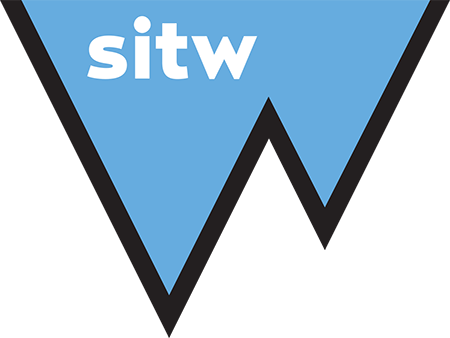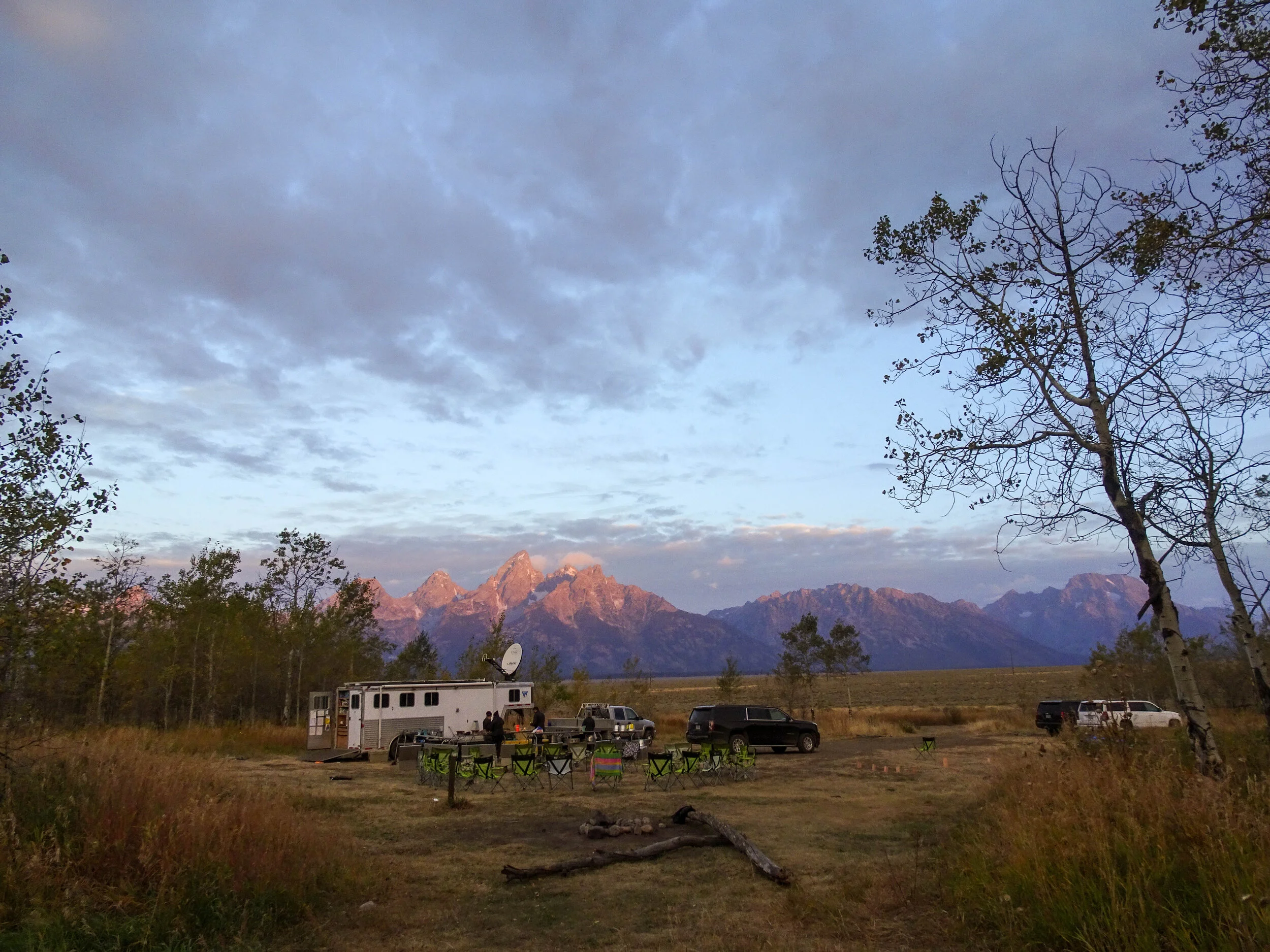Whitman College's Semester in the West is an interdisciplinary field program focusing on public lands conservation and rural life in the interior American West. Our objective is to know the West in its many dimensions, including its diverse ecosystems, its social and political communities, and the many ways these ecosystems and communities find expression in regional environmental writing and public policy. The program first ran in 2002, and is scheduled for the fall semester in 2027 with applications being accepted in the Fall of 2026.
Camping under the stars each night, we spend over 90 days in the field. We travel over 8,000 miles to meet a wide variety of people who are shaping the future of the American West: conservationists, ecologist, writers, local officials, energy experts, foresters, ranchers, community activists, poets, and visionaries. We read traditional texts, but the nearly 80 people we meet in the field are our main texts. Much of what we experience is tangled in a web of scientific complexity and political controversy. Our aim is to create a supportive, interdisciplinary learning community to successfully navigate the contours of public land conservation challenges.
Vast expanses of grasslands, mountains, forests, and canyons define the American West. Many of these landscapes are held in common by the American people. In an era where so much is privatized, our public lands give us much in common to talk about, manage, protect, and utilize. Our objective is to explore the contours of conservation challenges in the West, always watchful for common ground but fiercely committed to work that keeps our public lands legacy alive and flourishing.
Heat waves. Persistent drought. Massive loss of forests due to insect infestations and fire. Water shortages. Dust storms. The era of climate change is already upon us, and the West is one of the places where we will see its effects in the clearest relief. Climate change is re-shaping conservation priorities, and our aim is to seek out those who are finding creative ways to make the best of a warming world. In this sense, we think about climate change less as a threat and more of an invitation to think and act in ways that help us all mitigate and adapt to the coming changes.
We also like to learn by doing and giving back to the communities and organizations that help us along the way. Past projects have included riparian habitat restoration, GIS mapping for forest travel management, rock art documentation, ecological baseline monitoring, and many others. We have work gloves, GIS, and will travel!





